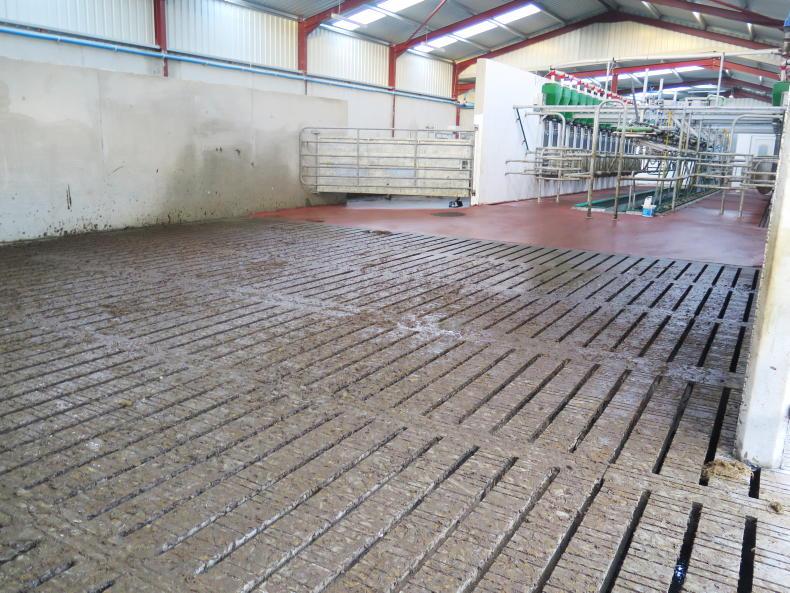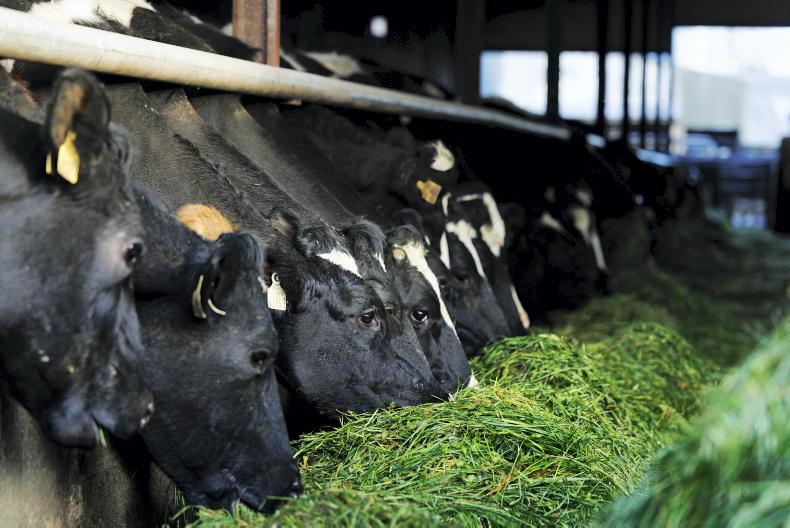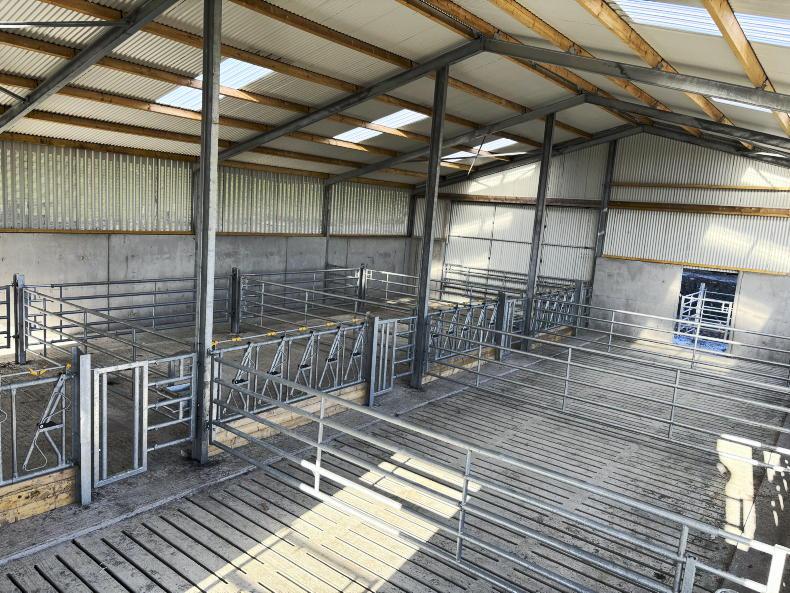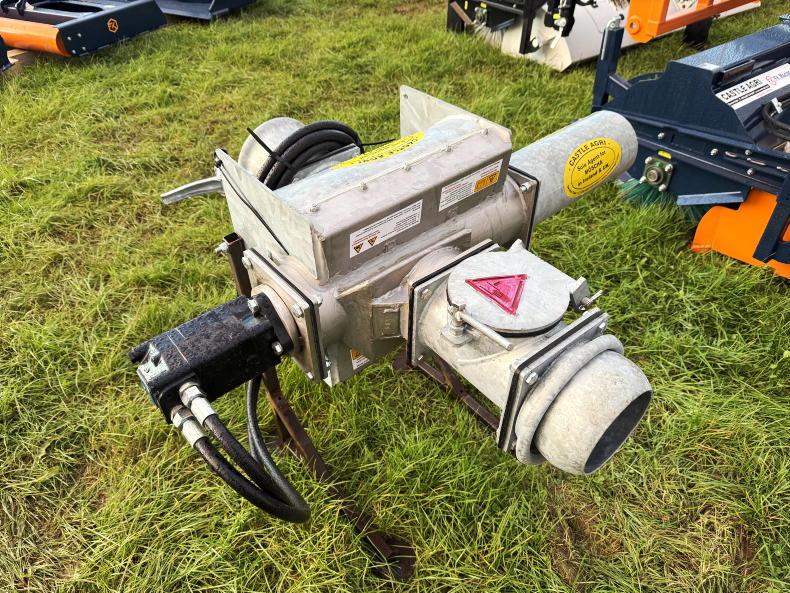New rules regarding how soiled water is managed and stored came in to effect on 11 March 2022. The rules have essentially introduced a closed period where soiled water cannot be spread on land, and a minimum storage requirement that farmers must satisfy for soiled water.
The rules concerning the spreading of soiled water are as follows;
Since 11 March 2022, the spreading of soiled water was prohibited between 21 December and 31 December for all milk producers.From 1 January 2023, the spreading of soiled water will be prohibited between 10 December and 31 December for all milk producers. From 1 January 2024, the spreading of soiled water will be prohibited between 1 December and 31 December for milk producers with the exception of winter/liquid milk producers. From 1 January 2025 onwards for winter/liquid milk producers, the spreading of soiled water will be prohibited between 1 December and 31 December.With regard to soiled water storage, all holdings producing soiled water must have a minimum of three weeks soiled water storage capacity in place by 1 December 2023 and four weeks soiled water storage capacity in place by 1 December 2024 except for winter/liquid milk producers where this storage needs to be in place by 1 December 2025.
Changes to outwintering
There have also been changes introduced concerning farmers who take advantage of outwintering of livestock to reduce their slurry storage requirements.
The level of storage a farm requires will be based on the farm’s stocking rate, and in some cases farmers will be obliged to have storage facilities to store organic manures, even if they are not utilised.
Sheep, goats and deer can avail of reduced storage for livestock manure, provided they have a grassland stocking rate during the closed period for slurry spreading which does not exceed 130kg / ha organic nitrogen up until 31 December 2024.
The grassland stocking rate to avail of reduced storage reduces to 100kg /ha organic nitrogen from 1 January 2025 onwards. This is a significant period away, but it is worth being mindful of the changes given the possible lead in time that may be required if planning to develop your farm infrastructure.
The rules regarding cattle and excluding dairy cows provide for reduced storage where a grassland stocking rate of 85kg /ha organic nitrogen is not exceeded during the closed period for spreading slurry. In such cases the reduction in storage capacity is proportionate to the number of animals outwintered.
In all cases Good Agricultural and Environmental Condition (GAEC) rules must be adhered to with regard to poaching and protection of soils / waters. Any specific scheme rules must also be adhered to.
New rules regarding how soiled water is managed and stored came in to effect on 11 March 2022. The rules have essentially introduced a closed period where soiled water cannot be spread on land, and a minimum storage requirement that farmers must satisfy for soiled water.
The rules concerning the spreading of soiled water are as follows;
Since 11 March 2022, the spreading of soiled water was prohibited between 21 December and 31 December for all milk producers.From 1 January 2023, the spreading of soiled water will be prohibited between 10 December and 31 December for all milk producers. From 1 January 2024, the spreading of soiled water will be prohibited between 1 December and 31 December for milk producers with the exception of winter/liquid milk producers. From 1 January 2025 onwards for winter/liquid milk producers, the spreading of soiled water will be prohibited between 1 December and 31 December.With regard to soiled water storage, all holdings producing soiled water must have a minimum of three weeks soiled water storage capacity in place by 1 December 2023 and four weeks soiled water storage capacity in place by 1 December 2024 except for winter/liquid milk producers where this storage needs to be in place by 1 December 2025.
Changes to outwintering
There have also been changes introduced concerning farmers who take advantage of outwintering of livestock to reduce their slurry storage requirements.
The level of storage a farm requires will be based on the farm’s stocking rate, and in some cases farmers will be obliged to have storage facilities to store organic manures, even if they are not utilised.
Sheep, goats and deer can avail of reduced storage for livestock manure, provided they have a grassland stocking rate during the closed period for slurry spreading which does not exceed 130kg / ha organic nitrogen up until 31 December 2024.
The grassland stocking rate to avail of reduced storage reduces to 100kg /ha organic nitrogen from 1 January 2025 onwards. This is a significant period away, but it is worth being mindful of the changes given the possible lead in time that may be required if planning to develop your farm infrastructure.
The rules regarding cattle and excluding dairy cows provide for reduced storage where a grassland stocking rate of 85kg /ha organic nitrogen is not exceeded during the closed period for spreading slurry. In such cases the reduction in storage capacity is proportionate to the number of animals outwintered.
In all cases Good Agricultural and Environmental Condition (GAEC) rules must be adhered to with regard to poaching and protection of soils / waters. Any specific scheme rules must also be adhered to.










SHARING OPTIONS